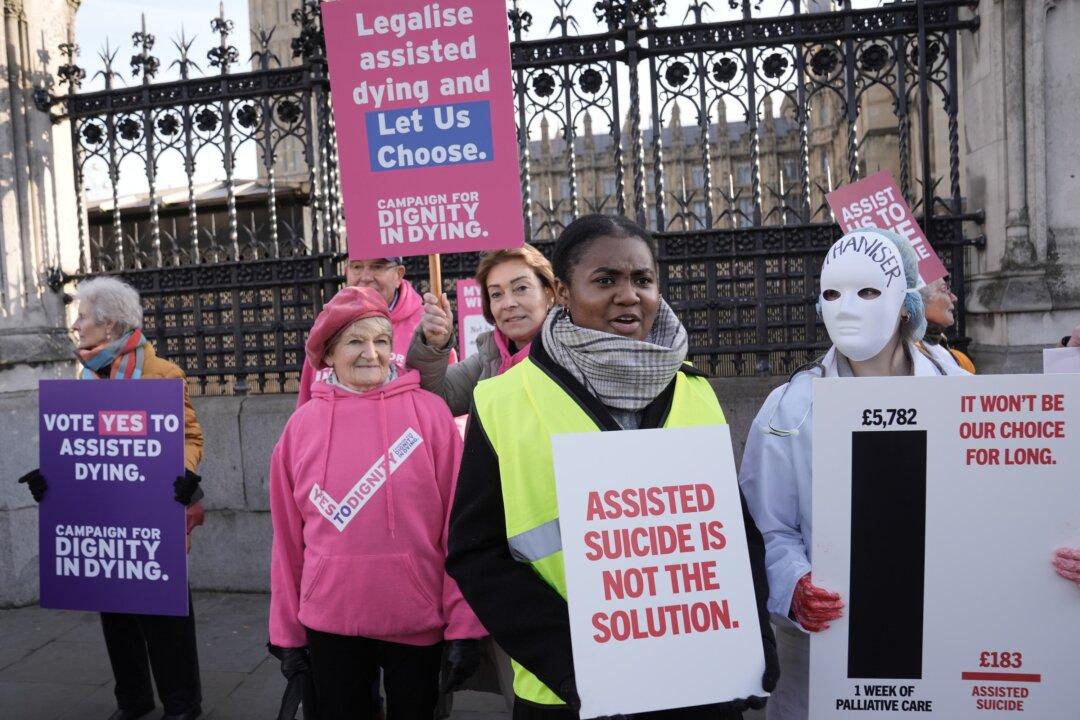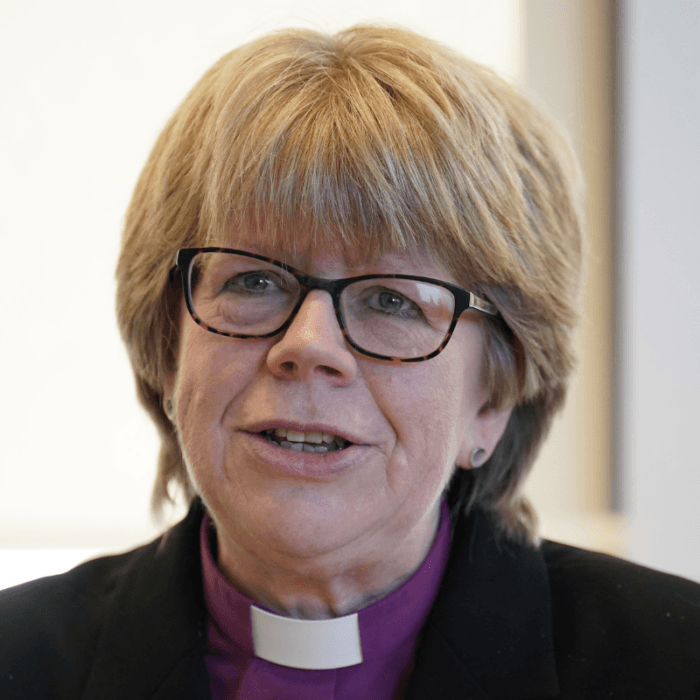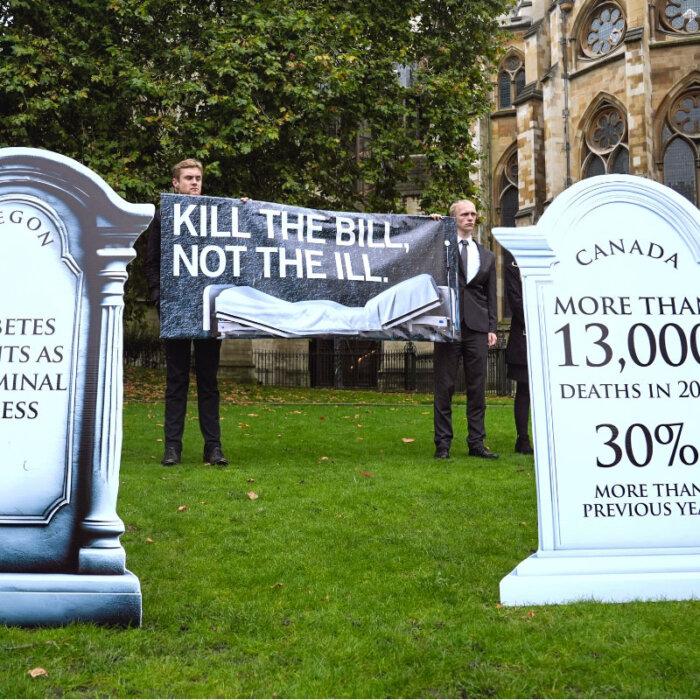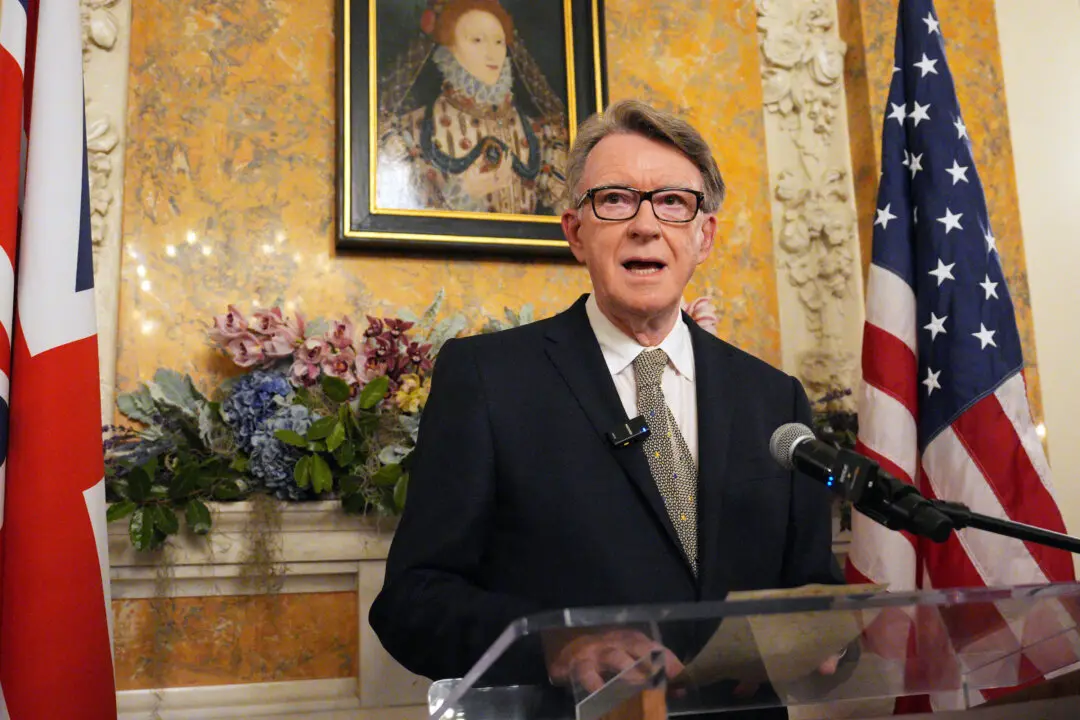Assisted suicide could be legalised in England and Wales after a historic vote saw proposed legislation clear its first hurdle in Parliament.
A majority of 55 MPs supported the private members’ bill that would allow terminally ill adults who have been given a life expectancy of less than six months to end their lives with the backing and assistance of the state.
The second reading of the bill passed by 330 votes to 275 on Friday after a debate lasting around four-and-a-half hours, in which MPs were allowed a free vote on the grounds of conscience rather than being told to vote on party lines.
The debate heard at times emotional speeches in the House of Commons as politicians on both sides of the debate made impassioned arguments for and against what would be a huge social change in the UK if passed.
Encouraging or assisting suicide is currently against the law in England and Wales, with a maximum jail sentence of 14 years, but this bill seeks to amend the Suicide Act of 1961.
The bill was introduced to Parliament as a private members’ bill by the Labour MP Kim Leadbeater, who told the BBC immediately after the vote that she was feeling “overwhelmed” at the result.
‘State Suicide Service’
But Conservative MP Danny Kruger, lead MP for opponents of the bill, said he believed Parliament can do “better” for terminally ill people than a “state suicide service.”Kruger branded the bill “too flawed,“ while Labour MP Rachael Maskell said the proposed legislation is the “wrong and rushed answer to a complex problem” and “falls woefully short on safeguarding patients.”
Former Liberal Democrat leader Tim Farron warned that NHS trusts in areas with the weakest palliative care offer will have the highest uptake of assisted dying.
Telling the Commons that “neither side has a monopoly on compassion,” Farron said, “I personally will always be affected by watching my mum suffer at her death at the age I am now.”
He warned of the danger of “self-coercion” if dying people are made to feel that they are a burden, and said: “My opposition to this bill is grounded in compassion. To legalise assisted dying is to create the space for coercion that will undoubtedly see people die who would not otherwise have chosen to do so.”
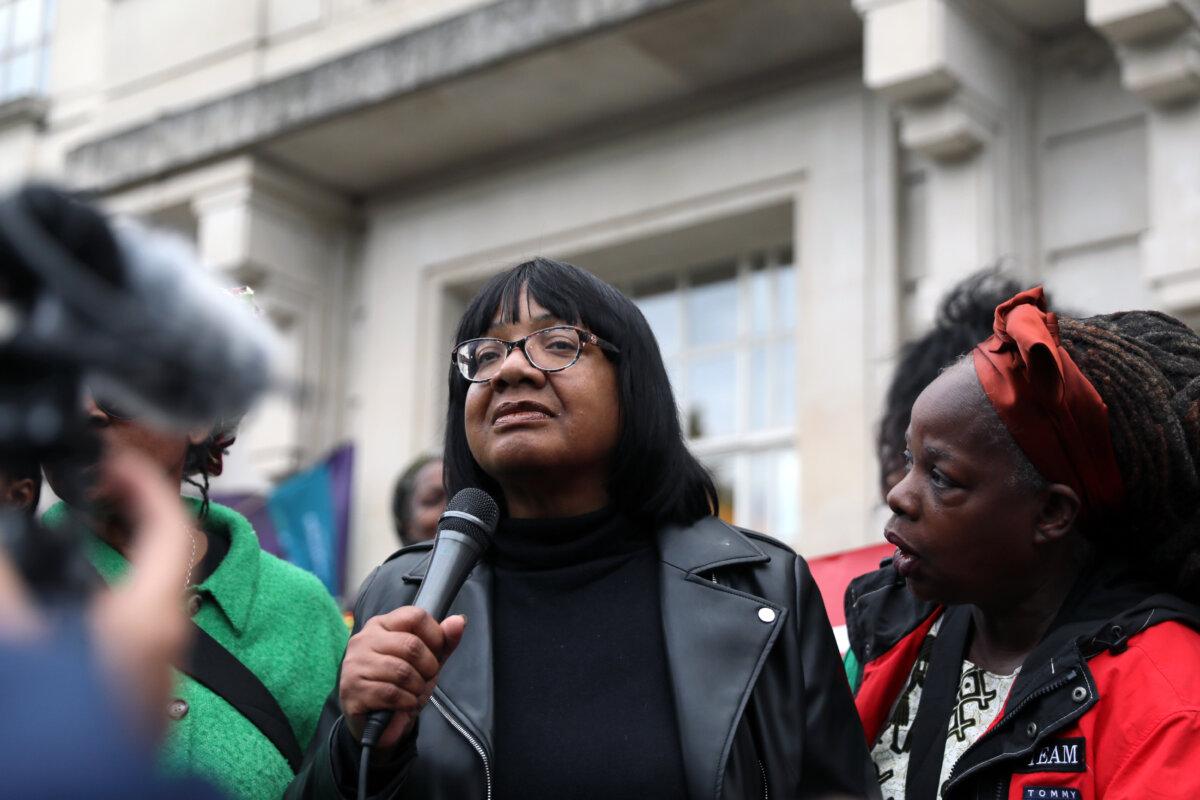
Terminal Diagnoses ‘Not Exact Science’
Some MPs argued that people are sometimes incorrectly told they have only a few months to live yet go on to enjoy many more years of life. Labour former minister Dawn Butler argued that a terminal diagnosis is “not an exact science” as she told the Commons she would vote against the law change.Conservative grandee Sir David Davis revealed he would be backing the bill at this stage, but urged the government to give MPs more time to debate it in future. In an appeal to Labour ministers, he said, “This bill is more important than most of the bills in your manifesto.”
Davis said he had changed his mind on the issue, describing himself as a believer in the “sanctity of life” but also in freedom from pain and suffering.
Both the father and mother of the House—the longest serving male and female MPs—spoke against the bill in the debate.
Conservative Father of the House Sir Edward Leigh said he feared putting money into the NHS “to fund death” instead of using it to improve palliative care in hospices.
He added: “What sort of society are we? Are we a society that loves our NHS, that loves life, that loves caring, that loves the hospice movement? Or are we a society which believes that there is despair?”
And mother of the House, Labour’s Diane Abbott, warned her fellow MPs, “If this bill passes, we will have the NHS as a fully-funded 100 percent suicide service, but palliative care will only be funded at 30 percent at best.”
Abbott suggested she could see herself “in particular circumstances” feeling she does not want to be a burden on others, as she spoke about wider concerns on how dying people might feel should assisted suicide be legalised.
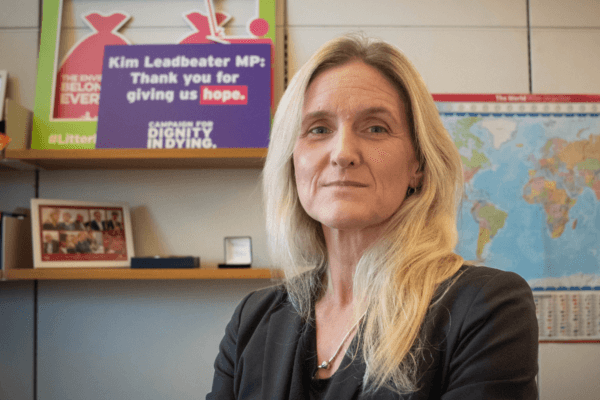
‘A Very Black Friday’
Campaigners from both sides of the debate gathered outside Parliament from early on Friday, with those in favour of the change in law breaking into cheers as the result of the vote was announced by the speaker of the House.Reacting to the vote, Christian Concern branded this a “very Black Friday for the vulnerable in this country,“ and said the bill “must be stopped at third reading.”
Andrea Williams, the group’s chief executive, said: “The proposals in this dangerous bill have been completely exposed. The proposed safeguards are completely meaningless, and more and more MPs are waking up to that reality.
“This bill will create more suffering and chaos in the NHS, not less, and if it goes through, the vulnerable will become more vulnerable.”
Rantzen ‘Thrilled’
One of the bill’s most high-profile supporters, Dame Esther Rantzen, said she is “absolutely thrilled” with the result.The Childline founder and broadcaster, who has late stage lung cancer, told the PA news agency: “I listened to the debate and it was very deeply felt. Members of Parliament, whether they opposed it or proposed it, had obviously given it a great deal of thought, and right up to the end of the debate, I had no idea whether it would be voted through or not.”
Private Members’ Bills
Private members’ bills are allocated to MPs by ballot and have historically been used in the UK to introduce controversial and divisive laws, such as the Abortion Act of 1967, introduced by then-backbench Liberal MP Sir David Steele the previous year.A spokesperson for Prime Minister Sir Keir Starmer said the government’s position on assisted dying “remains neutral,” but confirmed that he had voted for the bill.
The last time the question of assisted dying was raised in Parliament was in 2015, when Starmer spoke in favour of a change in the law, telling his fellow MPs about his late mother’s prolonged health struggles, although he stressed she had never wished to end her own life.
Former Prime Minister Rishi Sunak voted in support of the bill, while the Conservative Party’s new leader Kemi Badenoch voted against it, the division list revealed.
Members of the Cabinet who voted against the legislation included Deputy Prime Minister Angela Rayner, Foreign Secretary David Lammy, Justice Secretary Shabana Mahmood, Health Secretary Wes Streeting, Education Secretary Bridget Phillipson, and Business and Trade Secretary Jonathan Reynolds.
Ahead of the vote but after she had spoken in the debate, Leadbeater, sponsor of the bill, clarified to MPs the claim she had sought approval from the “highest levels of judiciary and medical profession” for the legislation.
In a point of order, the MP told the Commons: “I have received correspondence from the judicial office and I would like to clarify my earlier comments. Whilst I have spoken to lawyers and judges, I should not have implied in some way the serving judiciary has indicated their agreement to the bill, which they have not.”
The bill will next go to committee stage where MPs can table amendments, before facing further scrutiny and votes in both the House of Commons and the House of Lords, meaning any change in the law will not be agreed until next year at the earliest.
